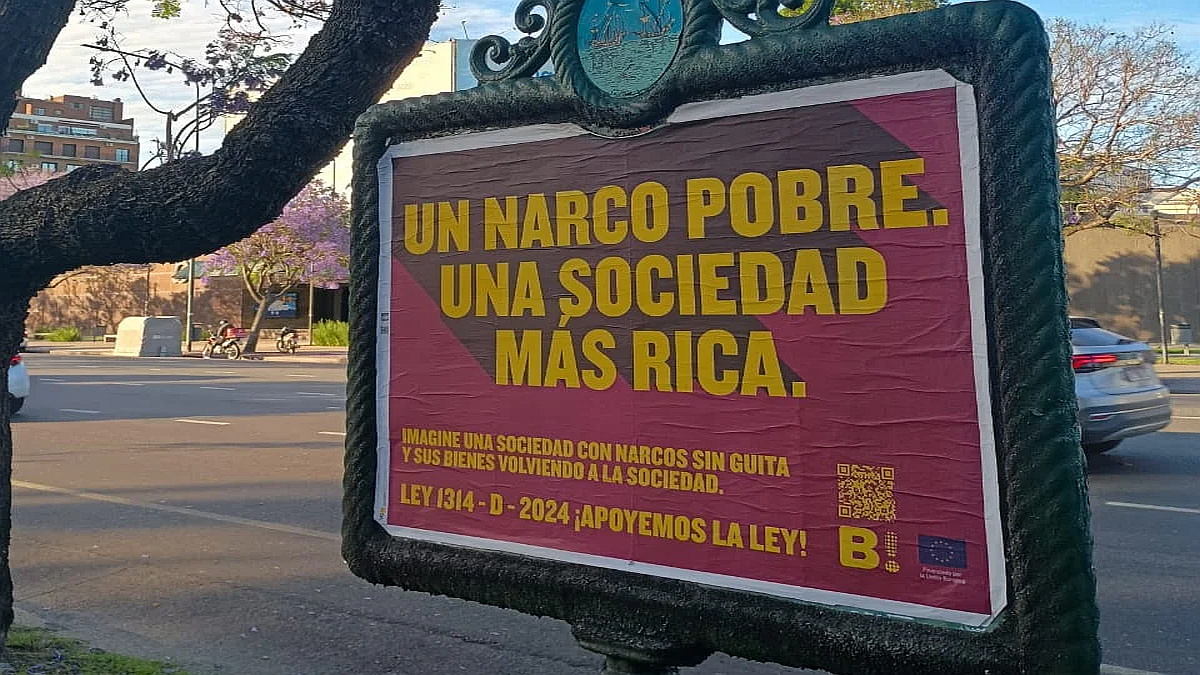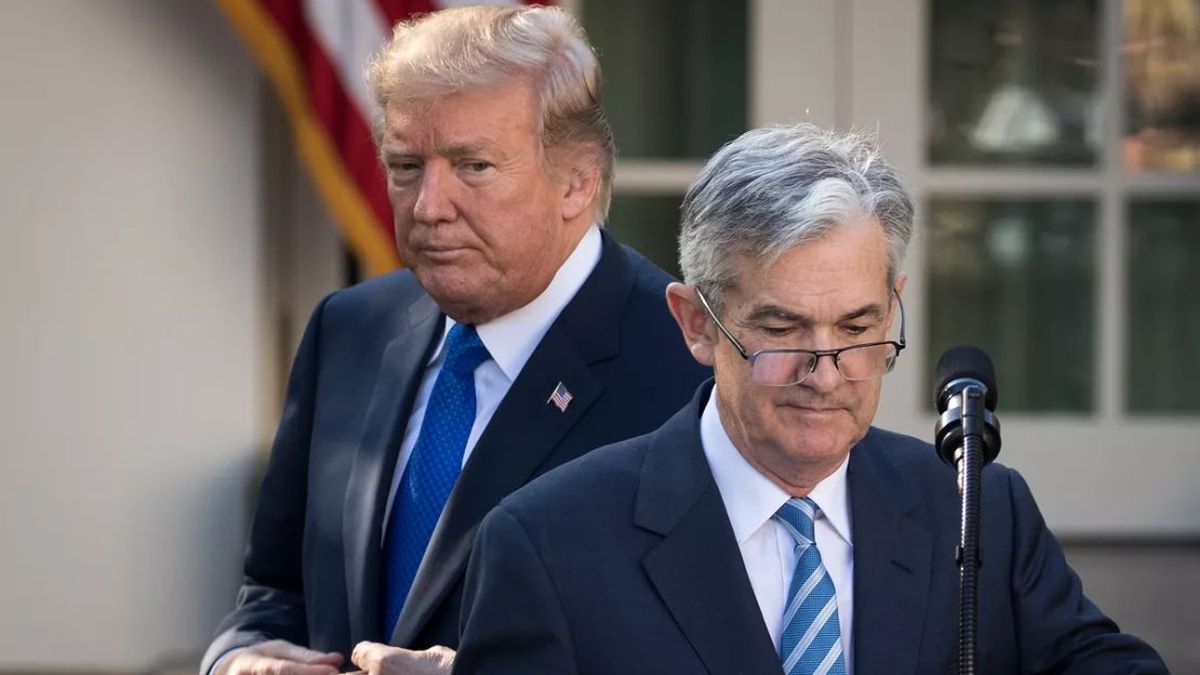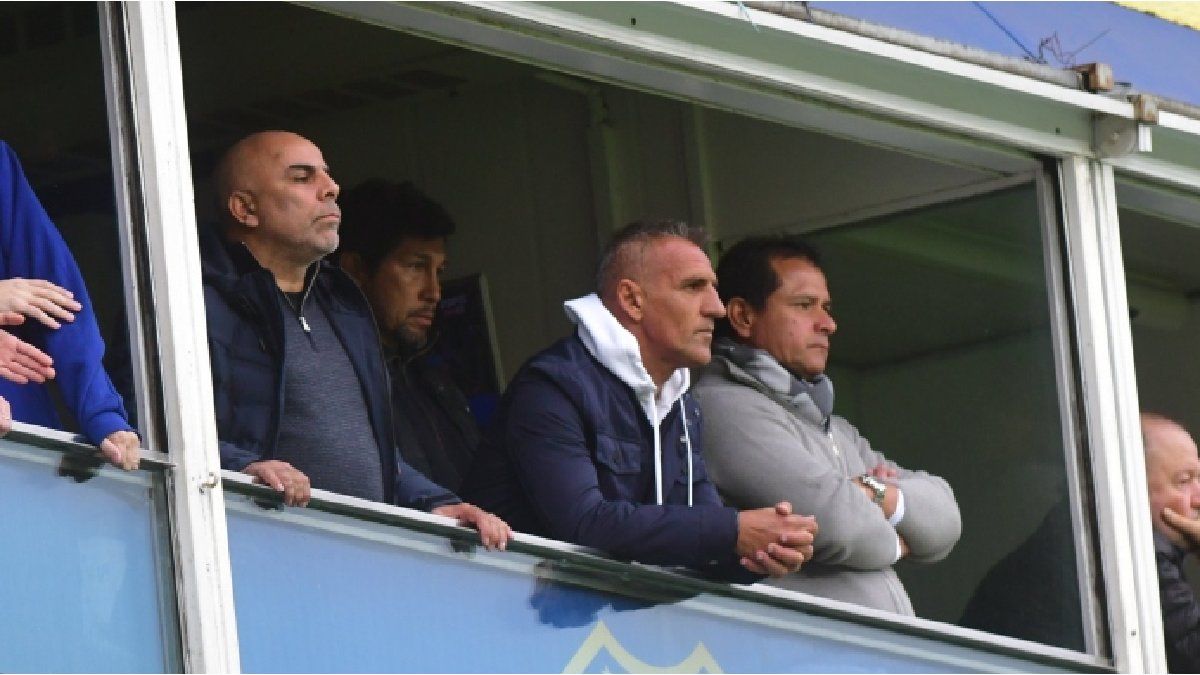“The drug trafficker’s worst nightmare: having his assets taken away and returned to society”says another of the posters. All slogans close with the call to action: “Imagine a society with drug dealers without money and their assets returning to society. Let’s support Law 1314/2024.”
image.png
What does the Good Restored bill propose?
- Take advantage of the material resources recovered from organized crime.
- Make transparent the amount and management of assets recovered from organized crime.
- Develop state programs or programs managed by social organizations with the recovered resources.
- Guarantee the care of assets to preserve their value, both for the State and for the people involved in judicial processes.
- Place the management and administration of these assets in charge of a self-sustaining and specialized agency.
The coalition of NGOs that make up Restored Good worked on the drafting of the law proposal: the Civil Association for Equality and Justice (ACIJ), Libera (Italy), the Multipolar Foundation and the Círculo Giuridico di Argentina. Deputies, judges and prosecutors were also key in its preparation, as well as 50 other accompanying social organizations.
“If approved, it would provide a real possibility of managing, preserving and reusing assets seized and confiscated for social purposes,” the promoters stated. It is estimated that the assets that the Argentine Justice Department has in its hands today are valued at at least more than 700,000 million pesos..
“If Congress approves this project, Argentina would become the second case in the world to have a law for the administration of assets recovered from organized crime after Italy and the first in Latin America,” they noted.
“With these proposals, the project opens the discussion on the need to establish a new rational, effective and transparent administration and disposal system. It allows us to think about a more efficient management process for these assets, generating adequate tools for the fight against organized crime and allowing what was taken from the community to return to it,” they added.
Rosario was the setting chosen for the closing of Bien Repósito
The last days of November were held in the National University of Rosario the International Day on the Social Reuse of Assets Seized from Organized Crime.
Among those present were the federal judge Sebastian Casanello and the national deputy Ramiro Gutierreztwo of the authors of the bill that is currently in Congress waiting to be approved; the senator Marcelo Lewandowski; the secretary of Inclusion Policies and Social Approaches of the Ministry of Equality and Human Development of Santa Fe, Ramon Pedro Soques, and representatives of the Italian organization Libera, which carries out a strong task of reparation against victims of the mafia.
image.png

Federal prosecutors also participated, such as Claudio Kishimoto and Laura Roteta and the former Minister of Justice of the Nation, German Garavano. Additionally, members of Rosario and Buenos Aires cooperativeswho recounted successful experiences of reusing assets recovered from criminal organizations.
Two cooperatives that grow hand in hand with goods for social reuse
One of those cooperatives is Third Time Foundationwhich accompanies detained people and those who have some connection with the confinement. With sustained work in the Santa Fe prisons, in 2020 he recycled the Vicente de Paul building, located in Esmeralda at 2900 in the city of Rosario, and conditioned it to become a meeting point. Currently, about 220 people participate in the trade courses and, in addition, they have a gastronomic and other textile cooperative which supply several rugby and hockey clubs in the city.
The foundation received a truck recovered from a criminal organization, which allowed the cooperative to improve the distribution of its products and the possibility of incorporating new people into the system to the organization’s work. Additionally, as part of the Restored Good support program, which has European Union financingreceived an industrial oven to improve its production.
The other example of working with returned goods is the San Cayetano Cooperative of Buenos Aires, Founded in 2019, as an initiative of a group of people in a situation of high social vulnerability, with the main objective of organizing and creating work. Dedicated to textile sectorprovides job opportunities and training in the trade to young people and adults who have already made their way to recovery from addictions, but face serious problems of labor reintegration. Bien Repósito collaborates with fabrics and machinery so that they can increase their production and reach.
What did the exhibitors in Rosario say about Restored Goods?
The Aula Magna of the National University of Rosario was the setting chosen to carry out the day, which brought together actors from politics, civil society and justice. In front of an international audience, the decade and host Hernan Botta was in charge of welcoming, followed by the secretary Ramon Pedro Soqueswho gave his support on behalf of the provincial government, and Professor Lucas Manjónwho directed the Bien Repósito project during its almost four years of existence.
The day -led by the coordinator of Good Restitution in Santa Fe, Jorge Abboud– It had two panels. The first called “International regulations and perspectives in the fight against organized crime”, in which they participated Sebastian Casanello; Ramiro Gutierrez; Monica Usaimember of the National Directorate of the Italian Libera Association; Rubiel Vargasdirector of the Permanent Committee for the Defense of Human Rights of Colombia. The moderation was carried out by the journalist German de los Santos.
“The Good Restored project has been going on for four years in which many results were obtained. “He has objectives that he planned one after another and the bill is one of those objectives.”Casanello said. “Society is the first victim of organized crime – often made invisible – but with very strong social damage,” he continued.
image.png

According to the judge, “at first when I spoke about these issues I was referring more to economic issues and I was not so clear about the political component behind it, but we must understand that organized crime constantly challenges the State.”
In this framework, he explained that “the State is there to build citizenship, to build a habitat, equality, rights, so that is what is harmed by organized crime. If we think about it like this, without a doubt civil society has a very important role in facing it, and that is how Bien Repósito was created, therefore it already comes from a fair place.”
“If we seek a public policy we must seek great consensus, without that we cannot continue,” Casanello stressed, and considered that Bien Repósito “is not just an asset management project, it is a project to effectively confront organized crime from having understood its political component, the social damage it causes and this legitimacy dispute towards the State”.
“Whenever you face crime, you have to find a solution and that is achieved with a punitive aspect but also with an aspect of reparation, this is what provides a solution and in a peaceful way. That is Good Restitution,” he stressed.
In turn, Rubiel Vargas, recalled thatIn 2012, the Special Assets Company (SAE), that guards and manages all seized assets. “Since that year, it is estimated that there are 35,000 assets seized, some in judicial processes of forfeiture of ownership. But there are armed groups that continue to illegally manage the confiscated assets, and another big problem is corruption: these assets are used to pay favors. politicians,” he maintained.
“Currently there are 68 organizations that already have goods delivered through the SAE (delivered through bailments and leasing), but like Argentina we aspire to have a bill that regulates these activities,” he explained.
image.png

The deputy Ramiro Gutierrez He expressed confidence that the law will be passed. “It is going to come out because it has a broad and unusual consensus that is not coincidental, it is the result of activism. Which office have those who direct Bien Repósito not stopped attacking, carrying the conviction that this is a necessary law and that this is a process that allows justice to be done? That’s why it makes you fall in love, because it allows justice to be done and the social fabric to be restored,” he expressed.
“We have a law with almost 40 signatures from nine blocks that make up the Chamber of Deputies, next year we must hold a large plenary session and set a resolution deadline for it. “This is a law that has to be rolled out and repaired, regenerating the social fabric again,” he stated.
Mónica Usai, from Libera and coordinator of the African PLACE networkspoke of a “valuable transformation that represents a cultural, social and economic change: the transition from assets confiscated from mafias to becoming common and shared assets.” According to the specialist“this is not only a symbol of justice, but a fight that, in Italy, we defend every day from attacks and misinterpretations, because we understand the enormous value it represents.”
Ramon Pedro Soques ratified the support of the Santa Fe Government to the project. “We have a history as a provincial government and that gives us knowledge on how we can implement it. “The objectives promoted by Bien Repósito are the same as those we pursue from the province.”held.
“In a context of disbelief on the part of the authorities and the State, the message of being able to take assets from criminal organizations and allocate them to social organizations has enormous power and is very important to redefine and reinforce the social contract between the State, the authorities and civil society. The message that reaches society is very strong and therefore it is something that Argentina needs today,” said the official.
image.png

Lucas Manjoncoordinator of Well restored, explained why it was chosen Rosary for the closing of activities of the year. “It was not a random choice. In this city we found a beta of work where we were all in agreement, where social organizations could begin to become judicial depositaries and reuse assets. But the most important thing for us is that in these three years and 10 months we managed to impose an agenda in the paradigm of the fight against organized crime; We were able to make our contribution and propose that it is not only an issue of justice, but that it should also be a matter for the different ministries and society, and that was the way we worked.”
“It is a project that aims to change the paradigm, that aims to generate a turning point with respect to the fight against organized crime and that fortunately does so with a different method: with a method of agreement, discernment, and permanent discussion, which was what that allowed us to reach Congress, being the project that has the most signatures, and that fortunately we are convinced that the law will pass and that we will be able to promote it,” Manjon concluded.
Source: Ambito




